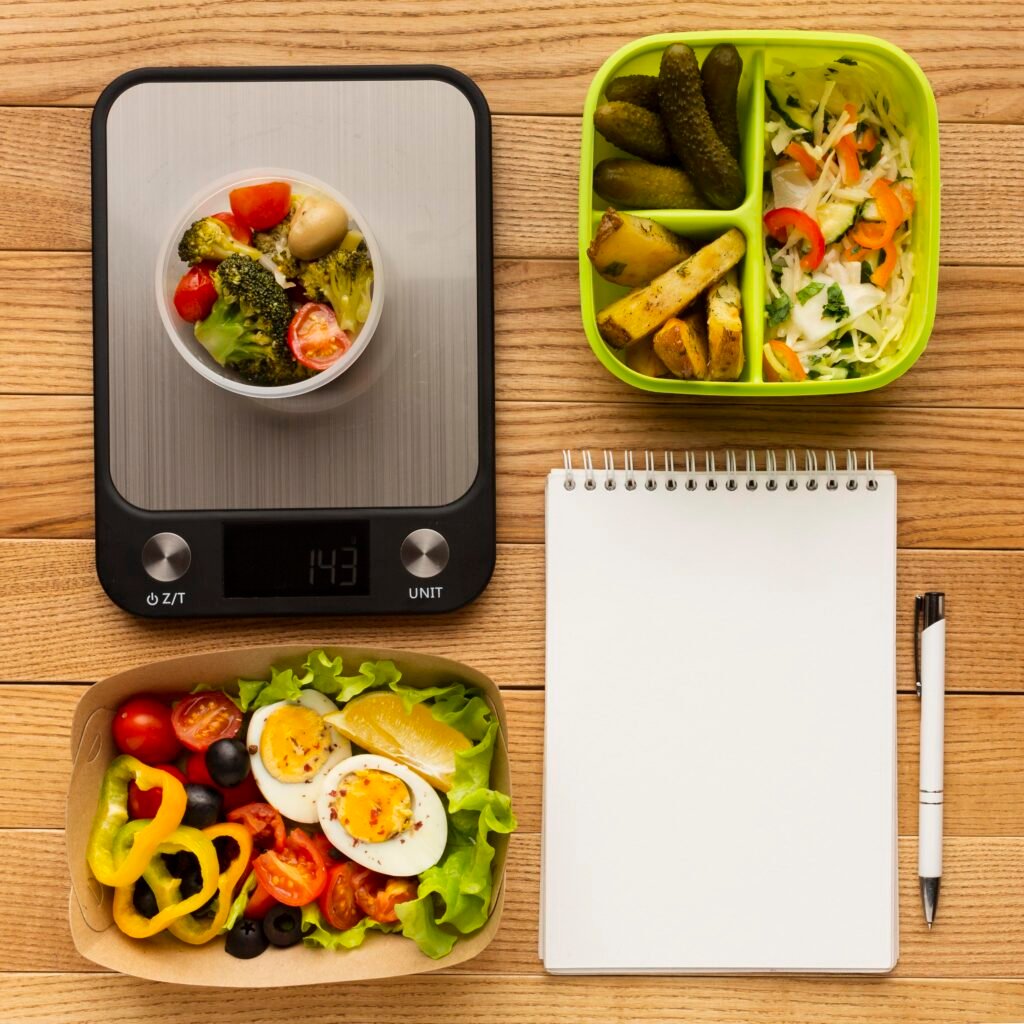Pregnancy Weight Gain Calculator

Pregnancy Weight Gain Calculator
The Pregnancy Weight Gain Calculator helps expectant mothers track a healthy weight increase throughout pregnancy, using guidelines set by the Institute of Medicine (IOM).
Recommended Weight Gain During Pregnancy
While gaining weight is normal, research shows that staying within certain ranges—based on a woman’s pre-pregnancy Body Mass Index (BMI)—leads to healthier outcomes for both mother and baby.
In general, women are advised to:
- Gain 1–4 pounds during the first trimester (first 3 months).
- Add about 1 pound per week for the rest of the pregnancy.
This weekly gain can often be achieved by eating an extra ~300 calories per day (for example, a sandwich with a glass of milk, or a baked potato with some lean protein and fruit).
Institute of Medicine Guidelines for Weight Gain
Pre-pregnancy BMI (kg/m²) | Category | Recommended Gain (Single Baby) | Recommended Gain (Twins) |
< 18.5 | Underweight | 28–40 lbs | — |
18.5–24.9 | Normal weight | 25–35 lbs | 37–54 lbs |
25.0–29.9 | Overweight | 15–25 lbs | 31–50 lbs |
≥ 30.0 | Obese | 11–20 lbs | 25–42 lbs |
These figures serve as general recommendations. Each pregnancy is unique, so women should consult healthcare providers for personalized advice.
How Weight is Distributed in Pregnancy
Weight gain is not just from the baby itself. It includes growth and changes throughout the body that support fetal development and prepare for nursing. On average:
- Breast growth: 1–3 lbs
- Enlarged uterus: ~2 lbs
- Placenta: ~1.5 lbs
- Amniotic fluid: ~2 lbs
- Increased blood supply: 3–4 lbs
- Extra body fluids: 2–3 lbs
- Fat stores: 6–8 lbs
Risks of Too Little or Too Much Weight Gain
- Insufficient gain may lead to preterm birth, low birth weight, or developmental problems for the baby.
- Excessive gain increases risks such as prolonged labor, delivery complications, the need for a cesarean section, postpartum weight retention, and larger-than-average babies.
Maintaining weight within the recommended range can help avoid these complications.
Nutrition During Pregnancy
What a mother eats has a direct impact on the baby’s growth. While every culture has its own dietary traditions, the general rule is to follow a balanced diet rich in fruits, vegetables, lean proteins, whole grains, and healthy fats.
Key Nutrients for Pregnancy
- Folate & Folic Acid: Prevents neural tube defects and reduces the risk of premature birth. Found in leafy greens, beans, peas, citrus fruits, and fortified foods. Supplements are often recommended.
- Calcium: Builds strong bones and teeth for both mother and baby; supports nerve and muscle function. Found in dairy, spinach, broccoli, and salmon.
- Vitamin D: Works with calcium to strengthen bones and teeth. Found in fortified milk, eggs, and fatty fish.
- Protein: Essential for the baby’s growth. Sources include lean meats, eggs, beans, nuts, and soy products.
- Iron: Needed for extra blood production during pregnancy. Found in red meat, poultry, fortified foods, beans, and leafy vegetables. Pairing plant-based iron with vitamin C-rich foods improves absorption.
Prenatal vitamins are commonly recommended to ensure adequate intake of these nutrients.
Foods and Substances to Avoid
Some foods and habits can pose serious risks during pregnancy. Expectant mothers should avoid:
- High-mercury fish: shark, swordfish, king mackerel, tilefish). Safer options include salmon, shrimp, cod, and light canned tuna.
- Raw or undercooked foods, such as sushi, raw shellfish, rare meats, and undercooked eggs.
- Unpasteurized dairy nd unwashed produce, which may contain harmful bacteria.
- Certain raw sprouts (e.g., alfalfa, mung beans, clover), unless thoroughly cooked.
- Excess caffeine and most herbal teas (not well researched for pregnancy safety).
- Alcohol – unsafe at any amount; increases risks of miscarriage, stillbirth, and fetal alcohol syndrome.
- Smoking: linked to premature birth, birth defects, stillbirth, and long-term health risks for the child.
In summary: Healthy pregnancy weight gain depends on the mother’s BMI before conception. It’s not just about calories but also about balanced nutrition, appropriate activity, and lifestyle choices. Following medical advice and focusing on nutrient-rich foods give the baby the best chance for healthy development.
